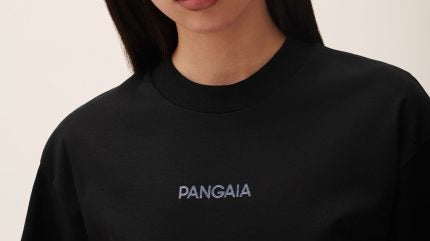
Sparxell, the Manufacturing Technology Centre and Pangaia’s project – coined The Elucent Project – has successfully moved bio-based pigments from laboratory research to industrial readiness.
Funded by Innovate UK, the 18-month collaboration brought together three partners: Sparxell, the University of Cambridge spin-out pioneering plant-based bioinspired colour technology; Pangaia, the global materials science company applying next-generation innovations to fashion; and the Manufacturing Technology Centre (MTC), one of the UK’s leading independent research and technology organisations.

Discover B2B Marketing That Performs
Combine business intelligence and editorial excellence to reach engaged professionals across 36 leading media platforms.
By combining Sparxell’s pioneering cellulose-based colour platform, Pangaia’s expertise in design application, and the MTC’s ability to scale processes for industry, the project shows how interdisciplinary collaboration can reduce environmental impact without compromising creativity or performance.
Pangaia says this is part of its commitment to supporting next-generation material innovators by bringing to market solutions-driven breakthroughs in material science that transform the environmental impact of fashion and design through purposeful collaborations, merging cutting-edge science with scalable applications.
The Manufacturing Technology Centre (MTC) ensured the pigments could be scaled beyond the lab, building custom production systems and validating performance at an industrial level.
The completion of this Innovate UK project Elucent marks a step change for sustainable colour, demonstrating how fashion and technology can join forces to deliver circular, biodegradable alternatives to today’s synthetic pigments.

US Tariffs are shifting - will you react or anticipate?
Don’t let policy changes catch you off guard. Stay proactive with real-time data and expert analysis.
By GlobalData




